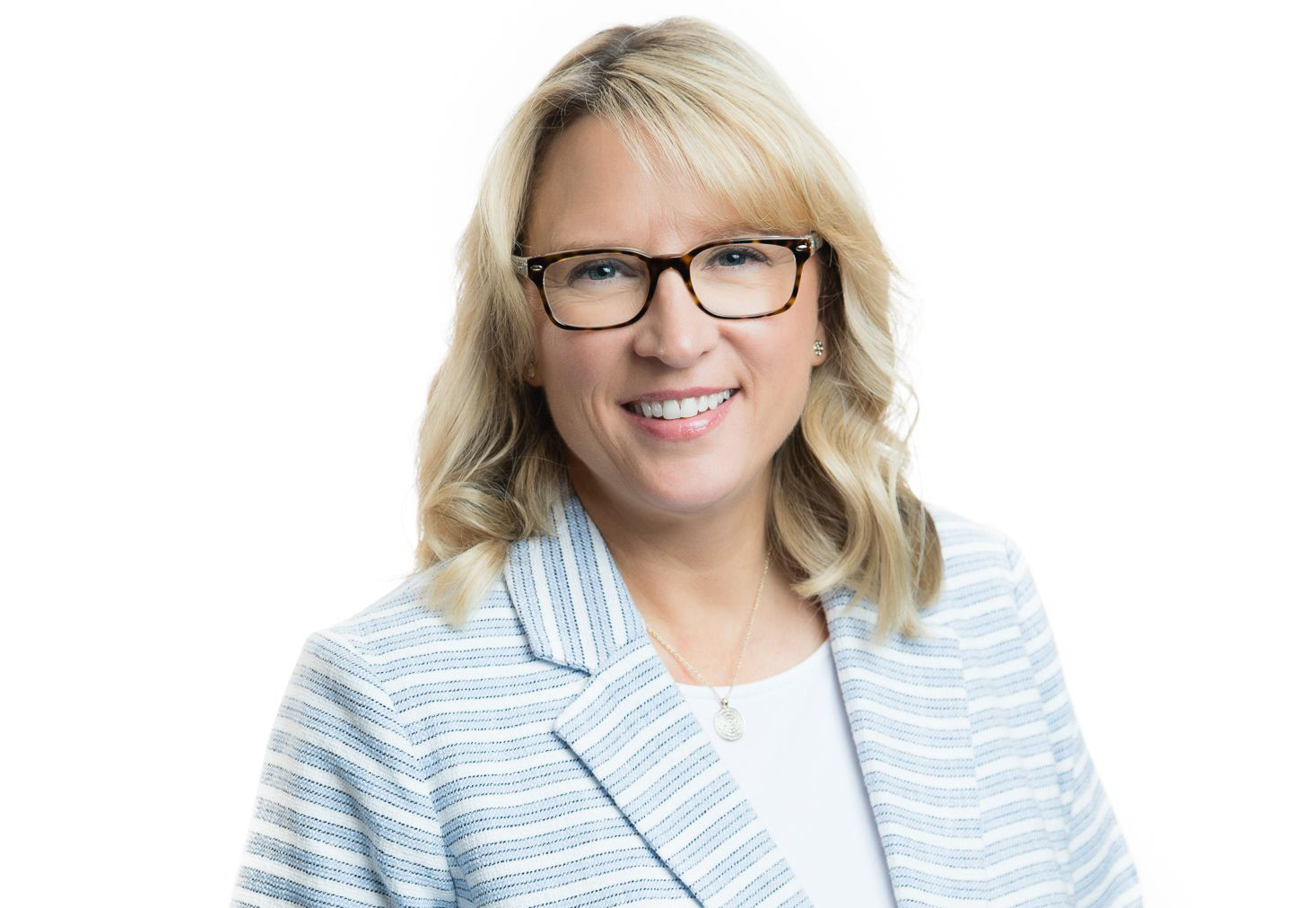Pandemic Insurance with Government Backstop Gets Support from Marsh, Chubb, RIMS

Widespread insurance coverage for future pandemics could be coming soon.
A bill introduced to the U.S. House of Representatives called the Pandemic Risk Insurance Act (PRIA) would empower insurers to offer pandemic business interruption policies with a federal government backstop in the form of a reinsurance program.
Introduced by U.S. Rep. Carolyn B. Maloney (D-New York), the program aims to make pandemic BI policies affordable for all business owners and ease the economic blow of future pandemics.
In a virtual roundtable discussion last week, Maloney said PRIA “will help businesses keep their employees on payroll and weather the storm that a public health emergency brings.”
A Gap to Fill
COVID-19 exposed a glaring hole between the insurance industry and the businesses they cover. Businesses shuttered by government-ordered closures sought relief from their insurance companies — but that relief largely never came. That’s because business interruption policies either require physical property damage to trigger coverage or exclude pandemic risks altogether.
Many business leaders felt duped, particularly small business owners who aren’t savvy about insurance.
In turn, 100,000 small businesses have already closed permanently, more than 55 million American workers have filed for unemployment benefits, and 55% of the businesses that announced closures on Yelp have closed for good.
From restaurants to theaters to retail stores, almost everyone is feeling the sting.
Judging by the virtual roundtable, Maloney appears to have broad support for her bill. Representatives from Marsh, Chubb and Swiss Re Americas spoke alongside members of the National Association of Professional Insurance Agents (PIA), Council of Insurance Agents and Brokers (CIAB), American Property Casualty Insurance Association (APCIA) and other business groups.
The Government’s Support
Insurance companies typically don’t cover pandemics, because it’s hard to spread the risk.
Weather events, conversely, make sense to cover because a hurricane in Florida doesn’t affect policyholders in Pennsylvania. But pandemics affect everyone in every region. That’s why insurance professionals like Tarique Nageer, terrorism placement advisory and leader, property practice, at Marsh argues that the industry can’t cover the risk without the credit and power of the U.S. government.
“But the insurance industry has a role to play, too,” said Nageer. “If we create the right economic incentives for insurers, policyholders and the government, insurance can serve its traditional function of mitigating risk. But pandemics are not fully insurable without the support of the federal government.”
What Is PRIA, Anyways?
PRIA differs significantly from other proposals by lawmakers. Some are attempting to mandate that insurers go above-and-beyond contractual, legal policy language and pay billions of dollars for business losses. Others are attempting to put moratoriums on nonrenewals, and other plans call for coverage to be tied into car insurance.
PRIA is not retroactive to COVID-19 but instead would cover future pandemics and health crises. It also aims to help small businesses by offering an immediate cash infusion rather than making them wait through a long claims process.
Joe Wayland, executive vice president and general counsel of the Chubb Group, said, “A lot of small businesses simply don’t have the access to capital and other resources that could allow them to continue” and that providing them quick cash “keeps people employed and off unemployment rolls.”
Scott Baskin, CEO of the Small Business Advisory Council (SBAC), said the legislation will provide businesses the coverage they thought they’d been paying for all along.
“That is what all these business owners thought they were buying with all the years of premiums,” said Baskin. “This legislation will make it possible for small business owners to have the protection they need to run their businesses.”
Looking Ahead Now, Not Later
Some may say this legislation is premature, because we won’t know the full extent of the pandemic’s economic downturn for some time.
But without action, the insurance industry will have serious trouble moving forward, says Patrick Sterling, head of risk management for restaurant chain Texas Roadhouse, and a RIMS board of director.
“While it might take years to fully put dollar amounts on losses from COVID-19, renewals are happening now. How can risk professionals prepare our organizations for next year and years to come if there is no solution today?” Sterling said. “Operating with this level of uncertainty is harmful to business. Without a backstop, a future pandemic — which could very well happen next year — could be catastrophic.”
Don Preston Jr., senior vice president, Swiss Re Americas, added PRIA is about looking ahead and preparing for the next peril.
“The sobering fact is that the next big thing we can’t imagine today could have similar effects,” said Preston.
“We also know from good experience that when individuals, businesses — including insurers and reinsurers — and government team up and all do our part, we can come up with ways of softening the blow of the next big thing when it looks similar to the unimaginable current one. We believe that it’s our collective responsibility to ensure this resilience.” &








